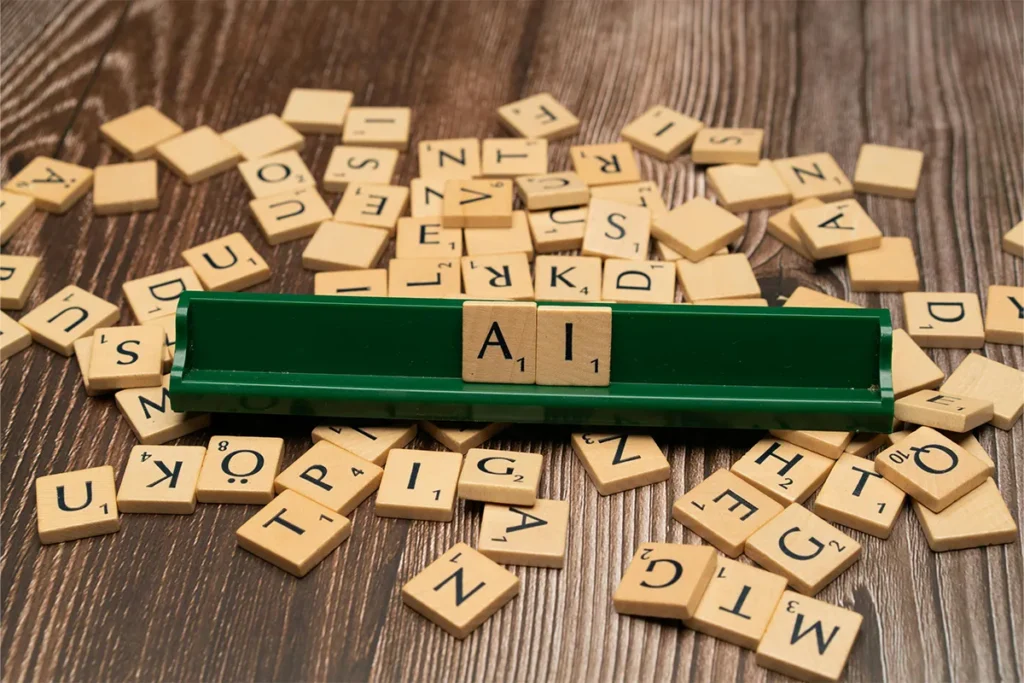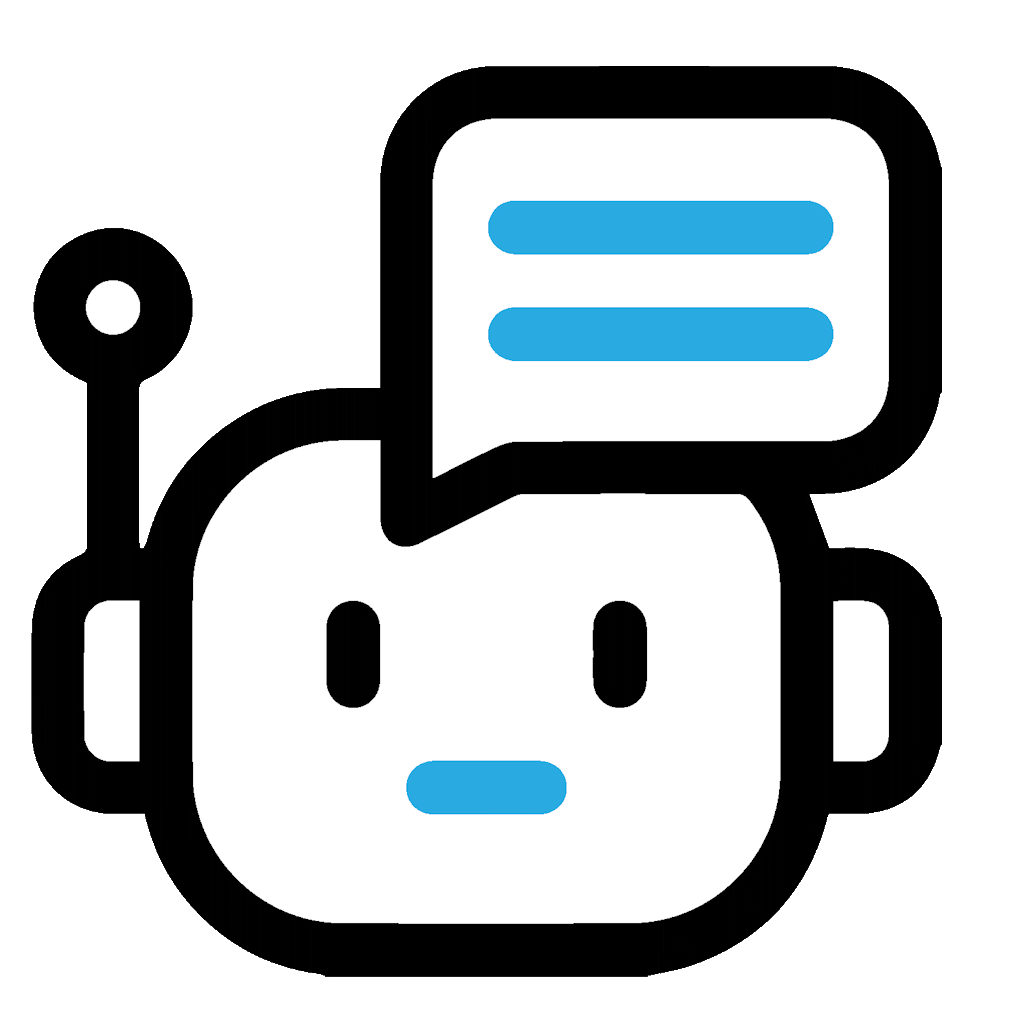With the aggressive developments in the field of artificial intelligence (AI), ethical issues have emerged. AI has taken over our daily lives. It has penetrated in almost all the arenas. Be it home automation, mobile phones, software, website development, mechanics, content writing, or you name it, you will find AI actively deployed there. It has completely changed the way we interact with technology.
While the AI is limitless, the ethical issues are also growing rapidly. Scholars and professionals in the tech industry are increasingly concerned with how we can use it to benefit humans instead of causing harm. Ethical considerations like privacy, data gathering, transparency, fairness, credits, and accountability are pursued actively by AI enthusiasts.
In order to address these complex ethical considerations, literature has started playing its role. Scholars and writers study and analyze the issues deeply, and they have the perfect view to offer their readers. Literature not only presents the problem but also provides solutions and a framework for proper implementation. Let’s take a look at what books are most appreciated and worth reading!
1. Weapons of Math Destruction
Weapons of Math Destruction looks at the bad effects of algorithms and big data. The book shows how these mathematical models can create inequality. It also shows how these models can hurt democracy. This is especially true in important areas like education, jobs, and criminal justice.
Cathy O’Neil wrote the book. Crown Publishing Group published it in 2016. The book got a lot of attention. It was longlisted for the National Book Award for Nonfiction. It won the Euler Book Prize in 2019.
The book talks about themes like the power of algorithms. It also talks about how these algorithms do not have transparency. Their ability to make biases worse is another theme. The book looks at the harm done by bad models. These models affect marginalized communities the worst.
The book says that many algorithms are flawed and called “Weapons of Math Destruction.” These algorithms are hard to understand. They do not have accountability. They often support discrimination. These models focus on making money instead of being fair.
People praised the book a lot. It is an easy and interesting critique of data-driven technologies. It started talks about the ethics of algorithm decisions. Reviewers liked how it made a technical subject fun and relatable.
2. Human Compatible: Artificial Intelligence and the Problem of Control
Human compatibility: Artificial intelligence and the problem of control look at the problems of making advanced AI systems match human values. The book talks about the risks of developing AI. It also suggests ways to keep AI technologies helpful and under human control.
Stuart J. Russell wrote the book. He is a famous computer scientist. Viking Press published the book on October 8, 2019. Russell is a professor at the University of California, Berkeley. He is an important person in artificial intelligence research.
The book stops on topics like the AI control problem, the alignment of AI goals with human values, and the ethics of autonomous systems. It shows that it is important to create AI that can be proven helpful and matches human goals.
Russell says that the old way of doing AI is wrong and could be harmful. He suggests a new way where AI systems do not have fixed goals. These systems should learn and adapt to human preferences through talking with people.
The book got good reviews for its smart ideas and easy-to-read style. The Guardian said it is “the most important book on AI this year.” The Wall Street Journal admired its depth and humor. It was on the longlist for the 2019 Financial Times/McKinsey Business Book of the Year Award.

3. Superintelligence: Paths, Dangers, Strategies
Superintelligence: Paths, Dangers, Strategies talks about the serious effects of making artificial intelligence smarter than human beings. The book explores the possible outcomes of superintelligent AI and the big challenges it brings to humanity’s future.
Nick Bostrom is a philosopher and a top thinker in AI ethics. He published this interesting book in 2014 with Oxford University Press. Bostrom is also the director of the Future of Humanity Institute at Oxford. He gives a well-researched vision of the long-term effects of AI development.
The book looks at the complex paths to superintelligence, the risks of having AI goals that do not match human needs, and ways to reduce dangers. It highlights that we need AI systems that are aligned with human safety and moral values to avoid bad outcomes. If you are a student of AI, read how AI ethics is relevant to students in this rapidly changing world here.
Bostrom makes strong points about how superintelligence might be too fast for humans to control. He shows situations where not managing AI safety could create serious threats. He supports urgent actions. He highlights the need for countries to work together. He also talks about thinking ahead ethically.
When the book came out, people praised it for its depth. It appeared on The New York Times best-seller list. It influenced global leaders like Elon Musk and Bill Gates. Critics called it an important guide for understanding questions about AI’s future.
4. The Age of Surveillance Capitalism
The Age of Surveillance Capitalism looks at how companies collect and use personal data. This changes power and privacy in the digital age. The book shows how this new economy can harm individual freedom and democracy.
The author is Shoshana Zuboff. She is a professor emerita at Harvard Business School. This book was published in 2019 by Profile Books. Zuboff is known for her work on how technology affects society.
The book talks about several themes. These themes include how personal data becomes a product. It also discusses the loss of privacy. Finally, it addresses AI ethical challenges and a new economic system based on surveillance. It examines how large tech companies use user data for profit. They often do this without asking for permission. This creates a new kind of capitalism that intrudes into people’s lives.
Zuboff says that surveillance capitalism takes human experience for free. She explains that companies turn this into behavioral data. They use this data to predict and change behavior. This creates a market for future behaviors. She warns that this takes away personal freedom and can threaten democracy.
The book got a lot of praise for its good research and deep analysis. The Financial Times called it a “great work of original thinking and research.” The New Yorker put it on the list of the best non-fiction books of 2019. Former U.S. President Barack Obama chose it as one of his favorite books of the year. The work started many talks about data privacy and the moral issues of modern surveillance.
5. AI Ethics
“AI Ethics” is a detailed look at the ethical problems that come from creating and using artificial intelligence. The book discusses the moral issues of AI systems. It gives ideas about how society can handle the complicated world of AI ethics.
Mark Coeckelbergh wrote the book. He is a philosopher who studies technology and ethics. The MIT Press published “AI Ethics” in 2020. Coeckelbergh also teaches at the University of Vienna. He has studied how ethics and new technologies meet.
The book talks about themes like the moral value of AI. It looks at how to add ethics to AI design. It also examines how AI technologies affect society. The book shows that AI can continue biases, change jobs, and influence human relationships. It stresses the need for responsible AI development.
Coeckelbergh believes that AI ethics is more than just technology issues. It includes bigger changes in society. He supports a detailed ethical framework that involves public participation, policy creation, and teamwork across different fields. This framework helps ensure AI benefits everyone.
“AI Ethics” is known for making complex ethical issues easy to understand. Many important readings about AI ethics are included in this book. It shows how important discussions about the ethical use of AI systems are today. The book is helpful for understanding the ethics of AI in our modern world.
Conclusion
In conclusion, as technology changes quickly, it is very important to understand the ethics of artificial intelligence certification. The five books mentioned in this post provide different views on the challenges, risks, and chances of AI. These works explore the dangers of surveillance capitalism. They also discuss the moral problems of superintelligence. These books give helpful information about technology and humanity. They are important for anyone who wants to understand AI ethics. They show the effects of AI on society, governance, and individual rights.
AI changes our world a lot. These books remind us to think carefully about the ethical questions that come up. You are a policymaker, technologist, or curious reader. Reading these works can help you take part in a future where AI is made in a responsible way. This future should match human values. When we understand AI ethics better, we can find a way to progress in technology. This should not harm our shared values.
Are you an AI enthusiast? Find out here how AI ethics can be compatible with Sustainable Development Goals (SDGs). The integration of AI ethics in SDGs offers a unique opportunity for addressing global challenges while leveraging the development of technology.

